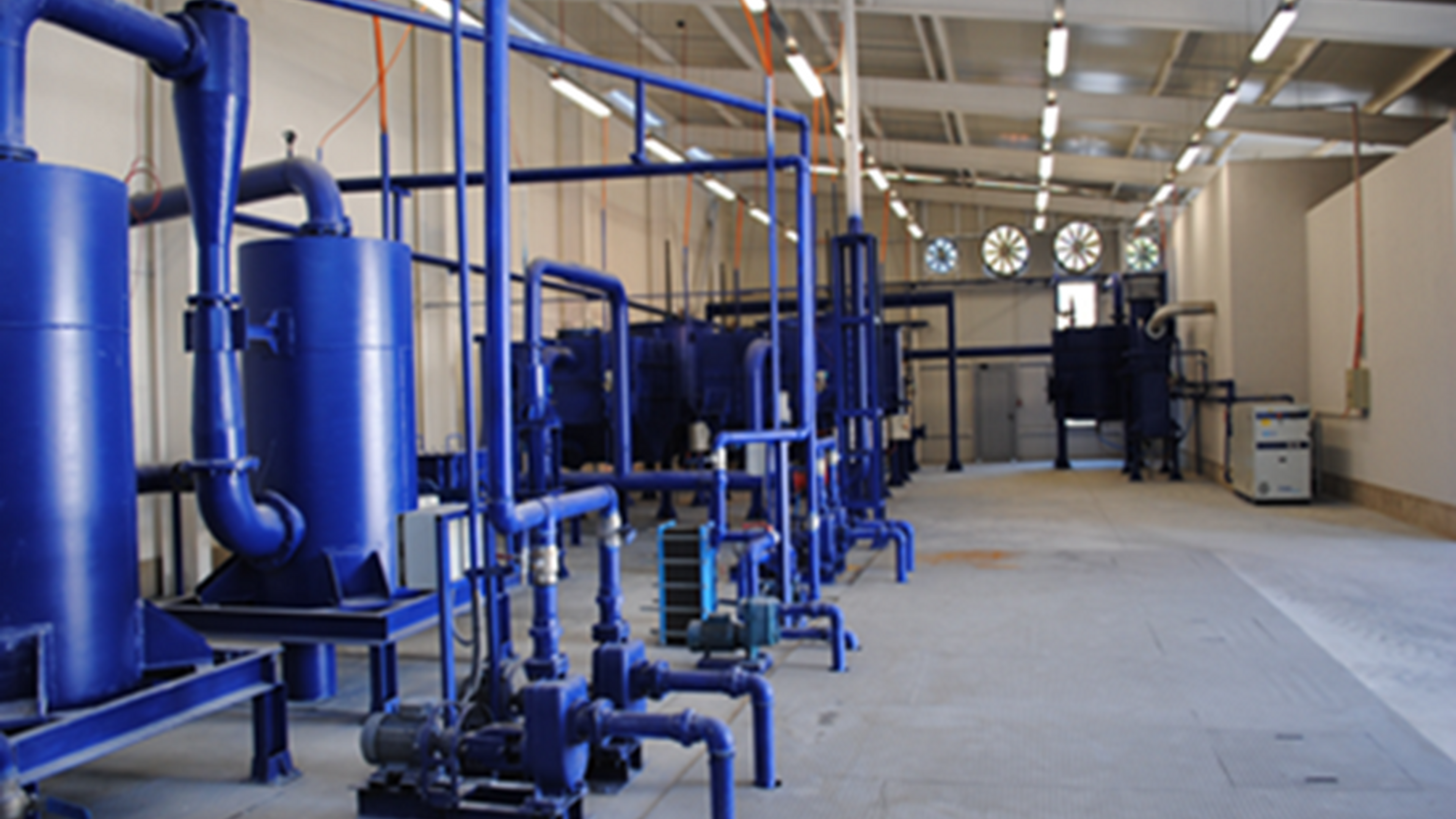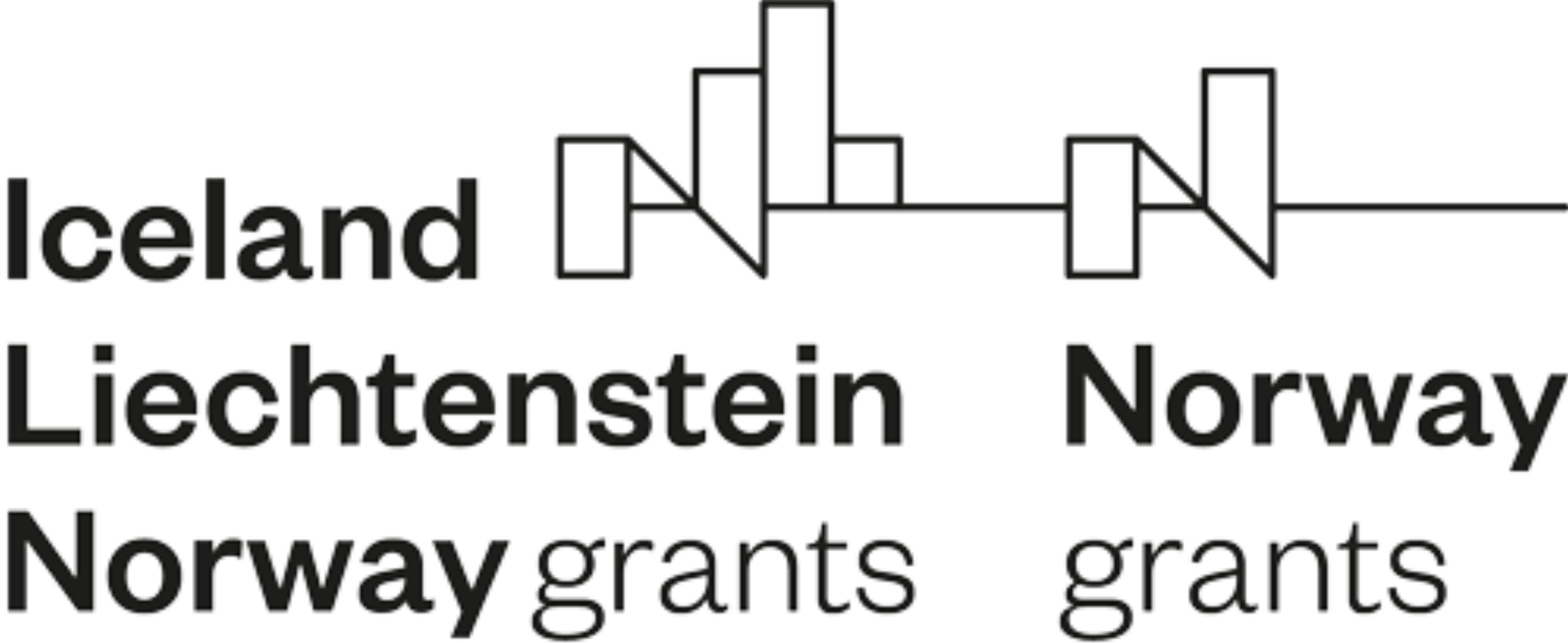Bulgaria: Waste to energy - innovation in Bulgaria
 © Photo: Hydroenergy Ltd.
© Photo: Hydroenergy Ltd.Until 2016, Bulgaria had no combined heat and power generation plant running on wood waste. In the Bulgarian economy and wood industry, that kind of projects faced high initial investment costs and was unprofitable and economically unfeasible.
The Norway Grants 2009-2014 in Bulgaria changed this. The SMEs Growth Programme supported a project which found an environmentally sustainable and profitable way of turning waste to energy.
An innovative approach to waste
The Waste to Energy project resulted in two sub-projects – a wood pellets plant and heat and power plant, and the two are interconnected. The waste from the pellet production plant provides the "raw" material for the waste treatment plant. At the same time part of the energy and heat produced in the biomass treatment plant is used for the pellets production plant. This makes the project more efficient and profitable.
The project added value is electricity production with wood waste and the interdisciplinary use of thermal energy, directly into both plants processes and indirectly for district heating, drying, and refrigeration.
Cooperation with the Norwegian partner
Hydrogenpartner AS is a very small company delivering and transferring technical and operational know-how of the new technology. Having experience in the field of combined heat and power plants, as well as waste, Hydrogenpartner AS advised on the engineering decision-making and other parts of the project.
Green solution
By burning roughly around 7,073 tonnes of various waste, the generation system produces 3,537 MWh of renewable electricity and 2,052 MWh of thermal (heat power). The produced energy is enough to provide sufficient electricity to 1,500 average households and reduce in total 3,480 tonnes of carbon dioxide emissions. The installation is able to incinerate hazardous waste and solve the challenging problem of storing and treating hospital waste and residuals.
The secondary environmental impact from the project is the direct reduction of valuable landfill space by burning municipal solid waste. Burning in comparison to dumping is highly valuable risk-preventive measure which eliminates the treats of soil and underwater pollution. Effectively, around 18% of the annual municipal waste dumped by Blagoevgrad municipality would be burned, thus saving 18% availability of the landfill.
Results of the project
- vCombined heat and power (CHP) installed: from baseline ZERO to target of 250 kW installed electrical capacity and 370 kW installed thermal capacity;
- 7,200 tons/year pellet production line installed;
- 1,000 m3 a year glued wood-beam production line installed;
- 1,800 m3 a year sawn timber wood production readiness;
- 2,100 m2 a year wood house production readiness;
- 15 new jobs created.
The SMEs Growth Programme in Bulgaria
The project is supported by Norway through the Norway Grants. See more opportunities under the SMEs Growth Programme in Bulgaria.
Follow the EEA and Norway Grants by Innovation Norway on Facebook or on LinkedIn to stay updated.
